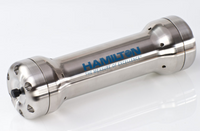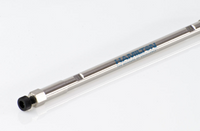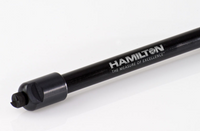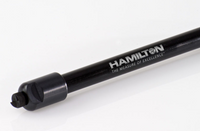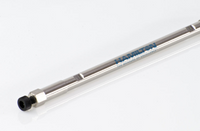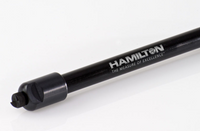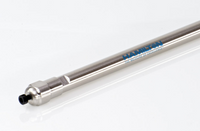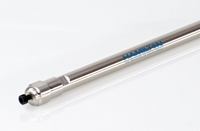Hamilton
Hamilton HPLC Columns
Hamilton HPLC columns are engineered with advanced polymeric stationary phases that deliver exceptional durability, chemical resistance, and long lifetime performance under demanding analytical conditions. With over 35 years of innovation, Hamilton remains a leader in polymer-based chromatography solutions.
The Hamilton portfolio includes reversed-phase, anion-exchange, cation-exchange, and ion-exclusion columns designed for reproducible retention, sharp peak symmetry, and stable performance across wide pH and temperature ranges. These polymeric chemistries excel in applications requiring rugged operation, method consistency, and resistance to aggressive eluents.
Chrom Tech supplies the full line of Hamilton HPLC columns and accessories, supported by expert technical guidance and fast U.S. fulfillment—helping laboratories achieve precise, reliable separations for environmental, food, pharmaceutical, and industrial analyses.
Hamilton HPLC Column Categories
Explore genuine Hamilton HPLC Columns

